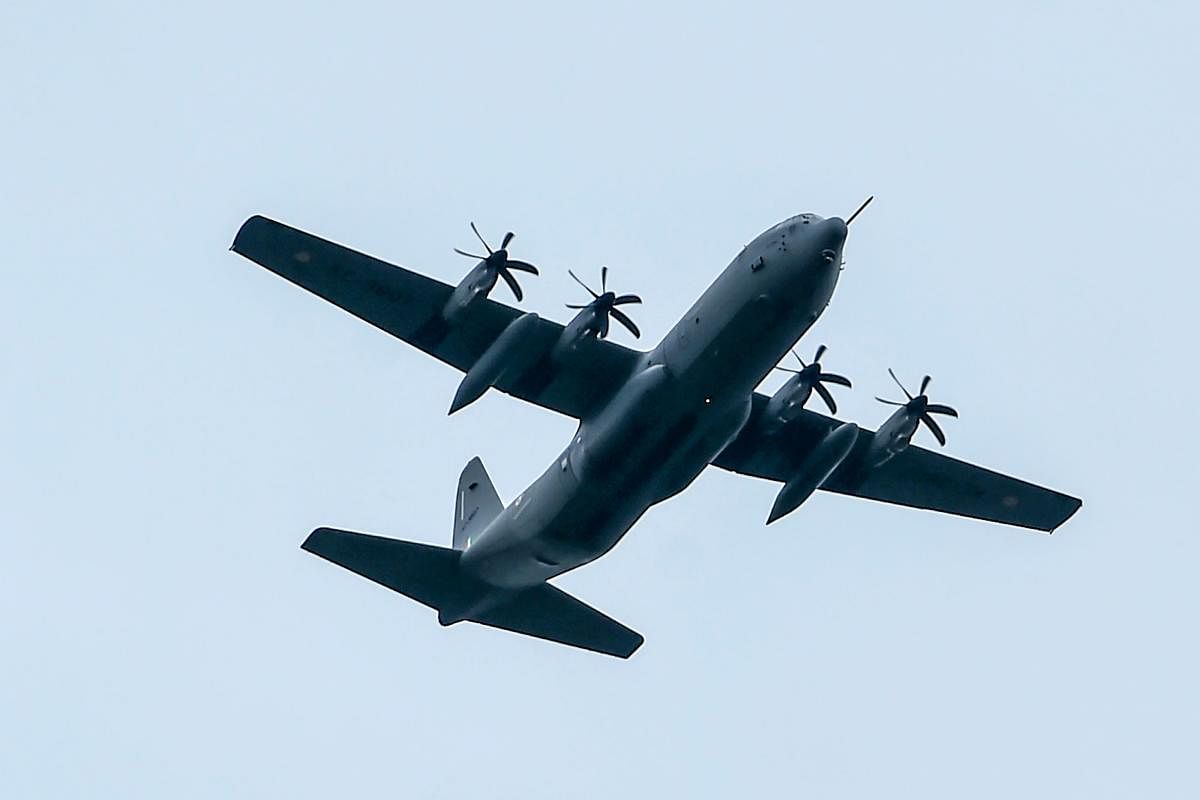
The Indian aviation industry is reporting a net loss of close to Rs 75-90 crore per day of the shutdown of operations - Rs. 5100-6100 crore loss over the period March 25, 2020 till May 31, 2020, according to a report of ICRA.
Domestic passenger traffic is expected to witness a de-growth of 41-46% in FY2021 with H1 FY2021. There will be a sharper de-growth followed by some recovery in H2 FY2021, as the airlines resume operations in a phased manner from June 2020. Further, the impact of the COVID-19 outbreak will last longer on international travel than domestic travel.
Thus, ICRA expects the FY2021 international passenger growth for Indian carriers to witness a significant Y-o-Y de-growth of 67-72%.
As the operations of the airlines have been shut from March 25, 2020, till at least May 17, 2020, there is a complete loss of revenues.
However, some of the airlines are operating cargo flights on a commercial basis (in addition to the flights being operated under Lifeline UDAN), thereby being a source of revenues as well as profits during this period of shutdown.
As on May 03, 2020, a total of 883 commercial cargo flights have been operated by SpiceJet (775 flights), Indigo (88 flights) and Vistara (20 flights).
Giving more insights, Kinjal Shah, Vice President, ICRA, says “While the airlines started advance bookings for the post-lockout period, resulting in immediate cash inflows, there have been notifications by the Director General of Civil Aviation (DGCA) to refrain from booking tickets until further notice. Furthermore, the DGCA has issued advisories asking the airlines to provide a full refund on cancellation of those tickets which were booked between March 25, 2020, to April 14, 2020 (first lockdown period) for travel either in the first lockdown period or the second (April 15, 2020, to May 03, 2020) for both domestic and international travel without levy of cancellation charge."
He also said, "This is thus resulting in the return of advances received by the airlines. For all other domestic and international bookings which have to be cancelled due to COVID-19, the airlines are offering a credit shell with a validity of one year. Thus, even when the operations resume and passengers start flying, a large percentage of passengers may be using these credit shells, and thus may not bring any significant additional cash inflows to the airlines.”
Considering the operating expenses of the Indian aviation industry (aggregate of Air Asia India Limited, Air India Limited, Go Airlines (India) Limited, Interglobe Aviation Limited, Tata SIA Airlines Limited and Spicejet Limited) in FY2019, and that around 35-42% of their expenses are fixed in nature, it is estimated that the industry is reporting a net loss of Rs. 75-90 crore per day of the shutdown of operations till May 31, 2020.
While some airlines have sufficient liquidity and/or financial support from a strong parentage, which will help them sustain over the near term, some airlines, which were already in financial stress, are facing an existential crisis.
Additionally, even for the former, it has resulted in a significant weakening of their credit metrics and liquidity profile. Many airlines have already started undertaking salary cuts for their employees, including leave without pay and laying off pilots and crew members to cut costs. However, until the cash inflows resume, the airlines will require funding support to meet their expenses.
As the demand for air travel will be muted in FY2021, not only are the airlines delaying/expected to delay their aircraft purchases/deliveries, but the lower demand also means that airlines will be operating at much lower load factors and would continue to see many of their aircraft grounded even when the operations resume.
Following the coronavirus outbreak, crude oil prices have declined materially – reached a low of approximately US$19/ barrel in April 2020 and now ranges around US$30/barrel – and thus the decline in aviation turbine fuel (ATF) prices.
However, the airlines are currently unable to benefit from the same on account of the shutdown of their operations. The prolonged shutdown of manufacturing activities in several countries and the subsequent impact of the outbreak on the global economic activity will keep the crude oil prices and thus the ATF prices low.